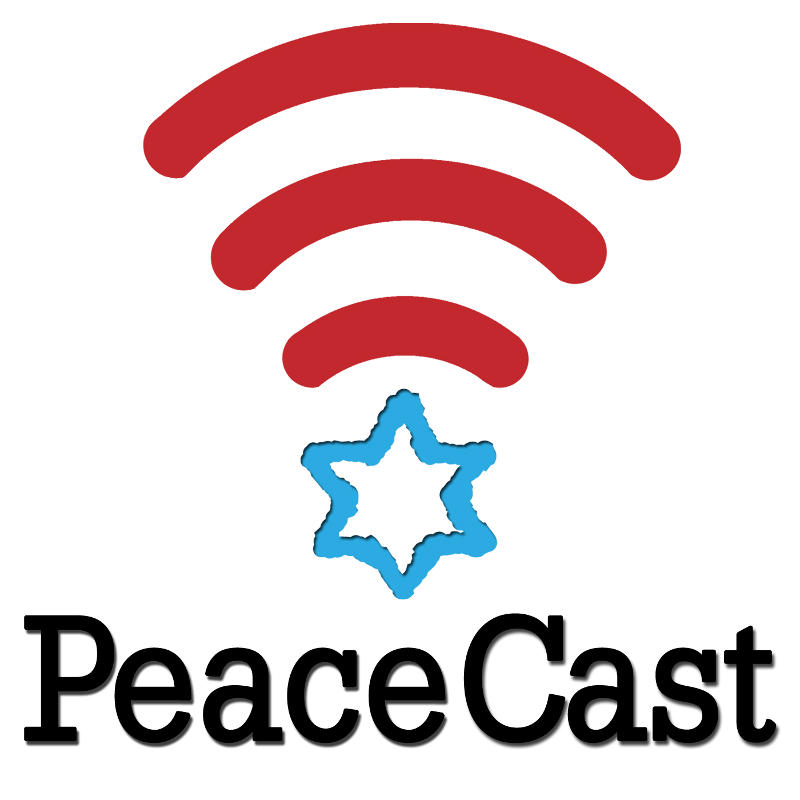We Say:First, there is the issue of property transactions in East Jerusalem.
Palestinians in East Jerusalem face obstacles and dangers if they want to buy or sell property to each
other, especially in settler-targeted areas. Palestinians have learned over the years that merely
seeking to register property transactions can bring on scrutiny by Israel’s Interior Ministry, toward
the goal of taking away property or residency rights.
Selling to Israelis/Jews, on the other hand, is both easy and facilitated by the Israeli
government. This facilitation includes not just the transaction itself but cooperation by the
government agencies and officials who often work hand-in-hand with settlers to help them find and
target "vulnerable" properties – e.g., properties where owners can be threatened with the choice of
either selling to settlers or having the property taken or demolished on various grounds (absentee,
illegal construction, etc). This cooperation extends further to providing forces to secure settlers
taking over and moving into properties, providing compensatory arrangements to sweeten the deal for
Palestinians who sell (such as permits to building elsewhere or travel permits), and paying for
permanent security to enable settlers to live safely within these areas.
In addition, the deliberate failure of Israeli authorities over the past 49 years to grant building
permits to Palestinians, and more broadly the Israeli government’s unwillingness to provide proper
planning and development opportunities within the Palestinian sector, distorts the real estate
"market" in East Jerusalem in a manner geared to incentivize the transfer of property from
Palestinians to Israelis/Jews. The value of property is linked to the ability of the owner or
purchaser to develop and use it. But Palestinians in East Jerusalem can rarely get permits from
Israeli authorities to build – especially in areas targeted by settlers. This includes withholding
of permits needed for renovations, expansion of existing properties, and construction of new homes,
not to mention new residential projects. As a result, the value of property on the (virtually
non-existent) Palestinian market is artificially capped, even assuming a transaction between
Palestinians was possible. And when Palestinians build (or expand, or do maintenance) without
permits, they face a very real threat of fines and demolitions, particularly if they do so in areas
coveted by the settlers.
On the other hand, once a property is in the hands of the settlers, the Jerusalem Municipality and
state agencies provide active support in that property’s development, treating the settlers as
partners in a government-endorsed project of establishing and expanding the Jewish presence in the
targeted area. Settlers generally have no issues getting permits to renovate, expand, develop (as
seen in the various settler developments in these areas, including Shepherds Hotel, Nof Tzion, Ras
al Amud, etc). And when settlers build without permits, Israeli authorities find excuses to avoid
taking action against them. The most glaring example of this phenomenon is “Beit Yonatan”– a
seven-story settler structure built illegally in Silwan in 2002, against which Israeli authorities
have failed to take meaningful action for more than a decade, despite the Supreme Court having
ruled that the settlers must vacate and that Israeli authorities must seal the illegal building.
Jerusalem Mayor Nir Barkat has refused to honor that verdict, flouting binding instructions from
Israel's Attorney General and going so far as to fire a Municipal Legal Adviser who insisted he
respect the rule of law.

 We know that pro-Israel does not mean blindly
supporting policies that are irrational, reckless, and counter-productive. Pro-Israel means supporting policies
that are consistent with Israel's interests and promote its survival as a Jewish, democratic state.
We know that pro-Israel does not mean blindly
supporting policies that are irrational, reckless, and counter-productive. Pro-Israel means supporting policies
that are consistent with Israel's interests and promote its survival as a Jewish, democratic state.